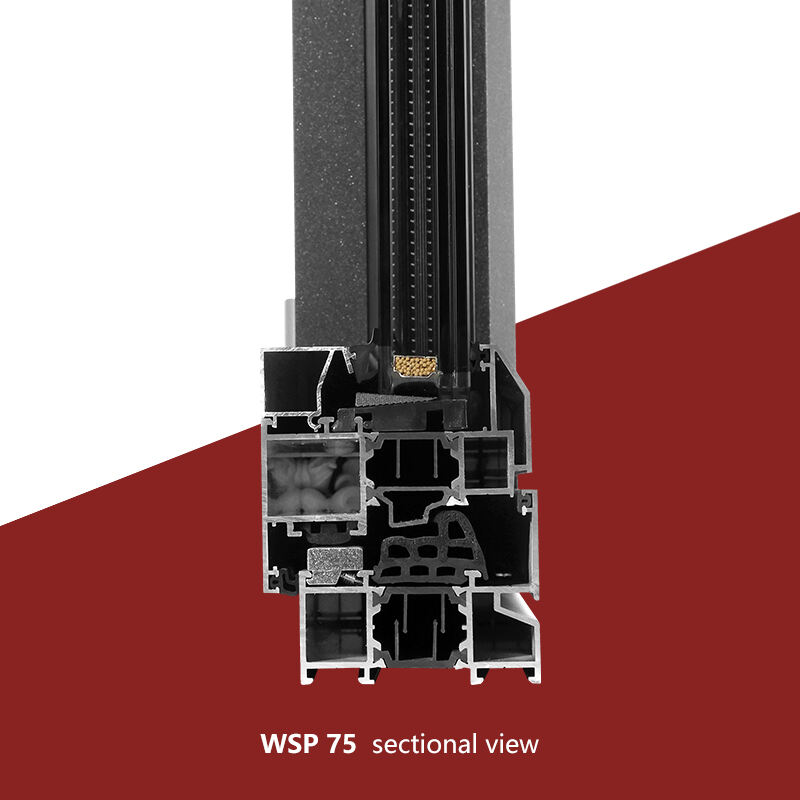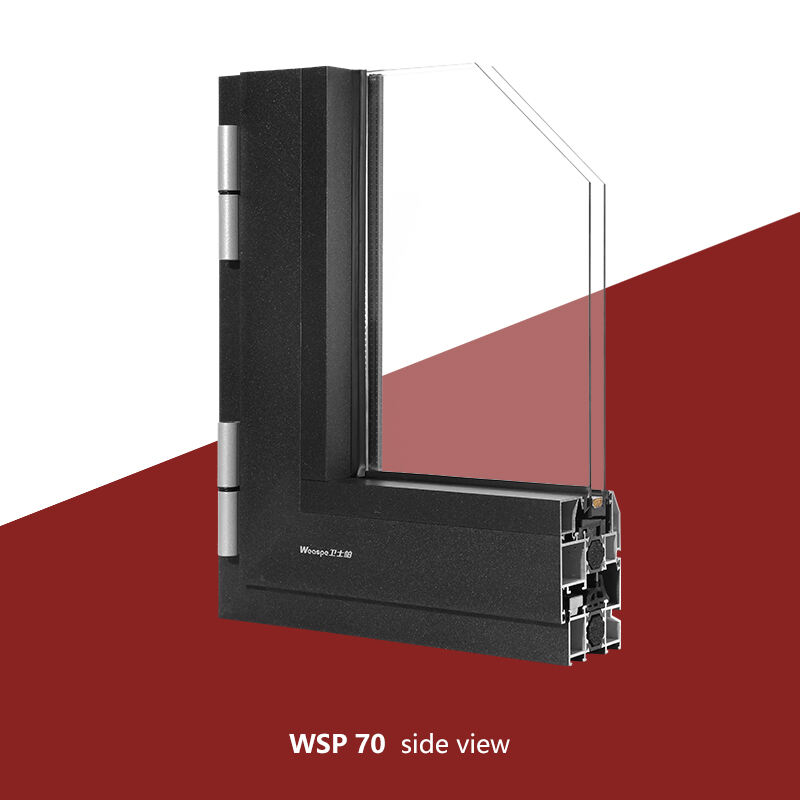בנייה בר השגה והשפעה סביבתית
הבית הירוקbamboo הוא עדות לאדריכלות ברת-קיימא בטכנולוגיית חקלאית. השימוש בבמבוק כחומר בנייה עיקרי מייצג קפיצה מדרגתית בהפחתת ההשפעה הסביבתית תוך שמירה על שלמות מבנית. מחזור הגדילה המהיר של הבמבוק, אשר מגיע לבגרות קצירה בתוך 3–5 שנים בלבד, הופך אותו לאחד מחומרי הבנייה המתחדשים ביותר שקיימים. במהלך גדילתו, הבמבוק סופג פחמן דו-חמצני באופן יעיל יותר מאשר מיני עצים רבים, ותורם להפחתת רמות ה-CO2 באטמוספירה. עיבוד הבמבוק לבנייה דורש אנרגיה מינימלית בהשוואה לפליז או אלומיניום, מה שמוביל לפußע פחמני נמוך בהרבה. התכונות הטבעיות של החומר מספקות בידוד מעולה, מפחיתות את הצורך במערכות שליטה סביבתית נוספות, וכן את היעילות בצריכת האנרגיה. בנוסף, בסיום תקופת השירות שלו, רכיבי הבמבוק הינם ביו-דיגרדים לחלוטין, מה שמבטיח אפס פסולת ושפעת סביבתית מינימלית.



